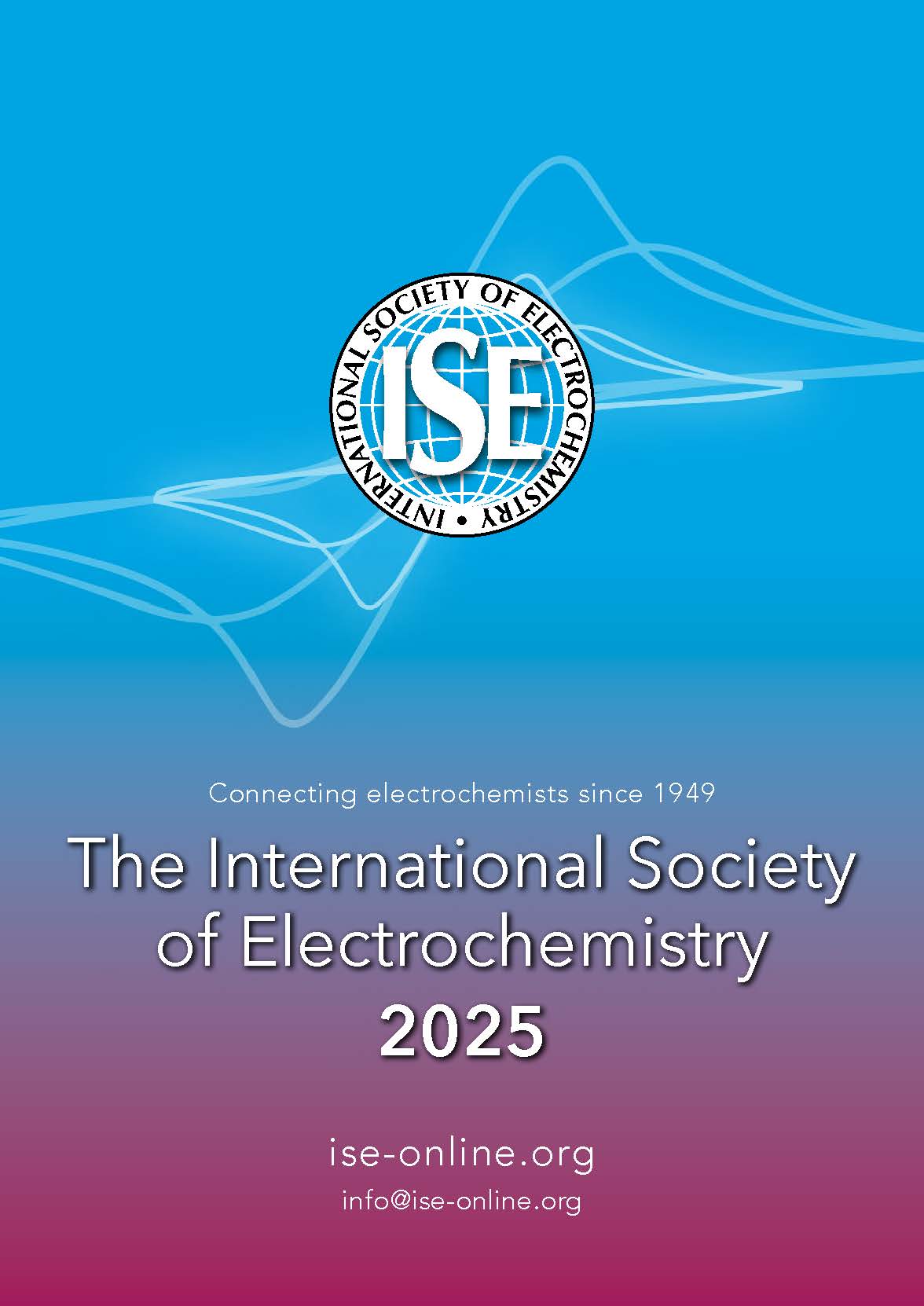Scientific Program
- Analytical Electrochemistry
- Sensors and Biosensors
- Batteries, Fuel Cells, Supercapacitors
- Electrocatalysis and Electrolysis of Small Molecules: CO2, Water, N2, ...
- Electrodeposition and Electroplating
- Corrosion and Passivity
- Electrochemical Engineering and Technology
- Environmental Electrochemistry
- Closing Element Cycles: Recycling and Upcycling
- Mechanisms in Molecular Electrochemistry
- Electrosynthesis of High-Value Products
- Innovative Electrolytes: Liquids, Solids, Membranes
- Photoelectrochemistry
- In-situ/Operando Characterization of Electrochemical Processes
- Theoretical and Computational Electrochemistry
- Analysis in Small Space and Short Time Domains
